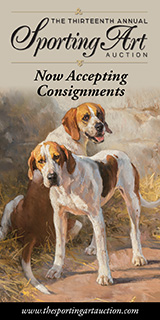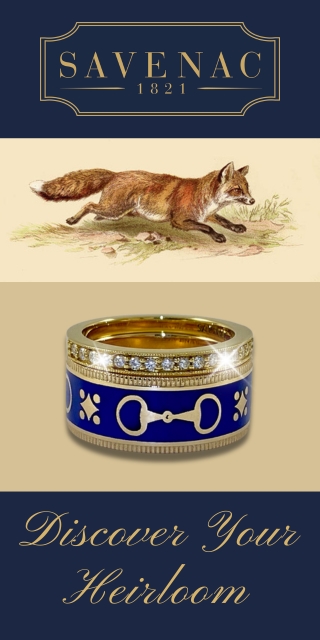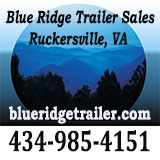Camden
Fifty-six Juniors Vie for JNAFH Championships at Belle Meade
Fifty-six junior finalists line up for their commemorative photo at Foxboro, home of Belle Meade Master and host Epp Wilson. / Eric Bowles photo
Junior foxhunters, their horses, parents, and friends traveled from thirteen states to Thomson, Georgia, where the Belle Meade Hunt hosted the finals of the fifteenth annual Junior North American Field Hunter Championships on November 11-13, 2017.
Throughout the course of the informal season, hunts around the country held qualifying meets from which the young finalists were chosen by mounted judges. Of the 216 juniors who qualified to compete in the finals, fifty-six young riders from eighteen North American hunts—more than twenty-five percent of those qualified—traveled to Belle Mead to hunt, compete, see old friends, and make a pile of new friends. And did they have a wonderful time! It was truly a pleasure to see.
Camden: A Mecca for Horses
Horses mean “business” in Camden, South Carolina. The area has been a mecca for horses and horse people at least as far back as the turn of the twentieth century, according to John Cushman, owner of The Tack Room in Camden. “Places such as Camden, Aiken, and Southern Pines (NC) became winter colonies before Florida developed, and a lot of people who came were horse enthusiasts and brought horses for foxhunting, bird hunting and such,” said Cushman in Bob Spear’s article in The State. The climate and the sandy footing suit horses. According to Thoroughbred trainer Frank Wooten, they don’t even put shoes on the youngsters until they start breezing them. Camden is also home to the Camden Hunt, where hounds hunt the native fox and coyote over 12,000 acres of protected land. The Carolina Cup steeplechase races are run in the spring, and the more prestigious Colonial Cup takes place in the fall. The South Carolina Equine Park, whose slogan is “Our Horses Mean Business,” stages more than forty horse shows a year. The shows are diversified, including walkers, Quarter Horses, paints, hunters and jumpers. They even have rodeos. Hope Cooper, executive director of the National Steeplechase Museum estimates that horses bring almost $2.8 million annually in direct and indirect spending impacting restaurants, hotels, and merchants. Cushman makes the interesting point that horses are labor intensive and require specialized manual labor. “Think about a couple of thousand horses….that’s a lot of workers,” said Cushman. It was precisely because the citizens understood those numbers that the community and government came together and established the South Carolina Equine Park. The county owns the park, and the South Carolina Equine Promotion Foundation oversees the operation. “Horses create a twelve-month-a-year industry,” said Cushman.
Read More


















